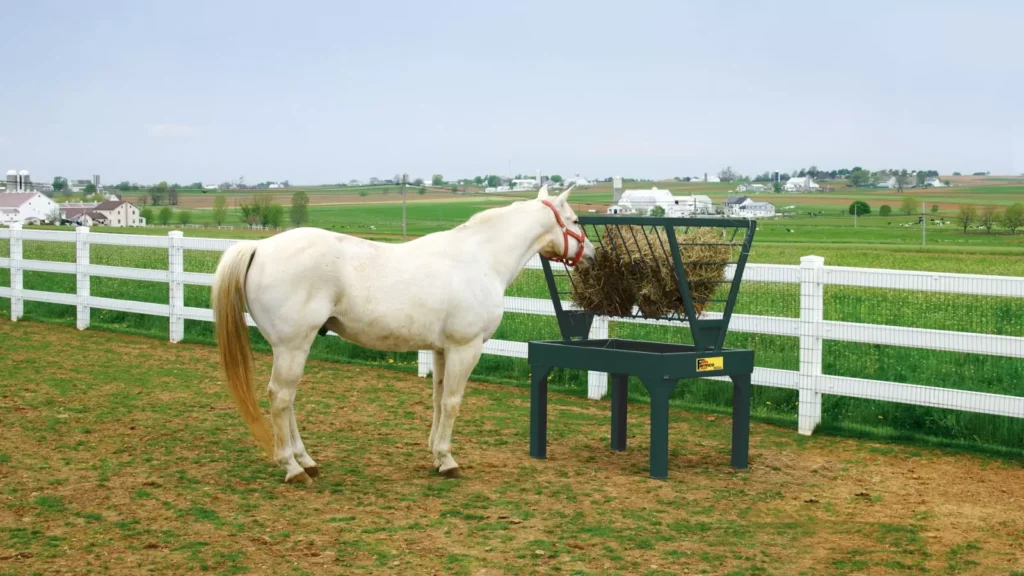Gut Check: Feeding to Prevent Colic in Horses
Colic is one of the most common and serious health issues that can affect horses. It refers to any condition that causes abdominal pain, and for horse owners, it can be a cause of great concern. While colic can result from a variety of factors, one of the most significant contributors is improper feeding. Understanding how to feed your horse correctly can help prevent colic and ensure your horse stays healthy and happy.
What is Colic?
Colic is a general term for any type of abdominal pain in horses, which can range from mild discomfort to life-threatening conditions. It can be caused by a variety of issues such as digestive blockages, gas, or changes in the intestinal environment. In severe cases, it can even lead to death if not treated promptly. Recognizing colic early and understanding how to prevent it is essential for every horse owner.
The Role of Diet in Preventing Colic
The horse’s digestive system is complex, and improper feeding practices can lead to digestive upset and colic. The key to preventing colic is understanding how horses process food and ensuring their diet supports their digestive health.
1. Maintain Consistency
Horses thrive on routine, especially when it comes to feeding. Sudden changes in diet or feeding times can disrupt their digestive system and increase the risk of colic. If you need to change your horse’s diet, do so gradually over a period of 7 to 10 days. This allows their digestive system to adjust to the new food without causing stress or discomfort.
2. High-Quality Forage
Forage, such as hay or grass, should make up the majority of your horse’s diet. Horses are designed to graze for long periods, and their digestive systems are built to process fiber. High-quality hay, like grass hay or alfalfa, should be available to your horse at all times. The more fiber they consume, the better their digestion will function, reducing the risk of colic.
Avoid feeding poor-quality hay that could contain mold, dust, or contaminants, as these can irritate your horse’s stomach and intestines, leading to colic. Make sure your hay is clean, fresh, and free from any toxins.
3. Limit Grain and Concentrates
While horses can eat grains, these should not be the main component of their diet. Too much grain or concentrates (like sweet feed or processed pellets) can cause an imbalance in the gut, leading to gas, bloating, or even impaction colic. Grains are high in starch, which can ferment in the gut and cause digestive upset.
If you need to feed grain to your horse, do so in small amounts and spread it out throughout the day to prevent overloading their digestive system. Always choose a balanced grain or concentrate mix that complements the hay or forage your horse is eating.
4. Provide Fresh Water
Access to clean, fresh water is essential for digestion. Dehydration is a common cause of colic in horses, especially in hot weather or when a horse is eating dry hay. Make sure your horse has access to water at all times and encourage drinking by offering water at regular intervals. If you are traveling with your horse or moving them between fields, carry water along to prevent dehydration.
5. Avoid Feeding Immediately Before or After Exercise
Feeding your horse immediately before or after exercise can increase the likelihood of colic. When a horse is exercising, the digestive system is in motion and more likely to experience disruptions if food is present. Always wait about 30 minutes to an hour after exercise before feeding, and avoid feeding your horse right before working them.
6. Offer Small, Frequent Meals
Instead of feeding one large meal, try offering your horse smaller, more frequent meals throughout the day. Horses are natural grazers, and their digestive system is designed for constant, small amounts of food. By mimicking their natural grazing habits, you can support healthy digestion and reduce the risk of colic.




